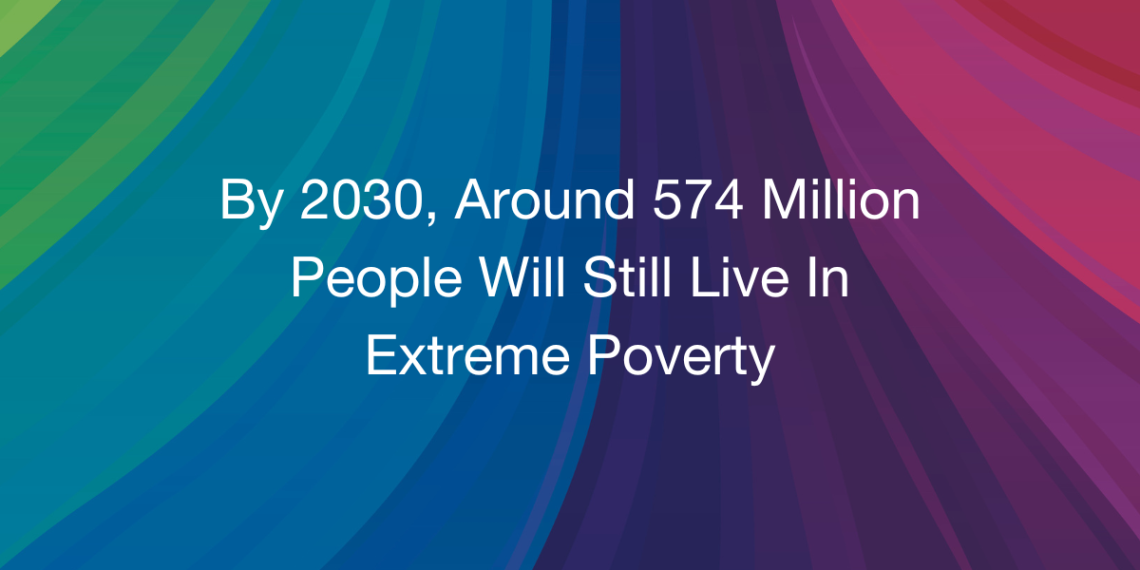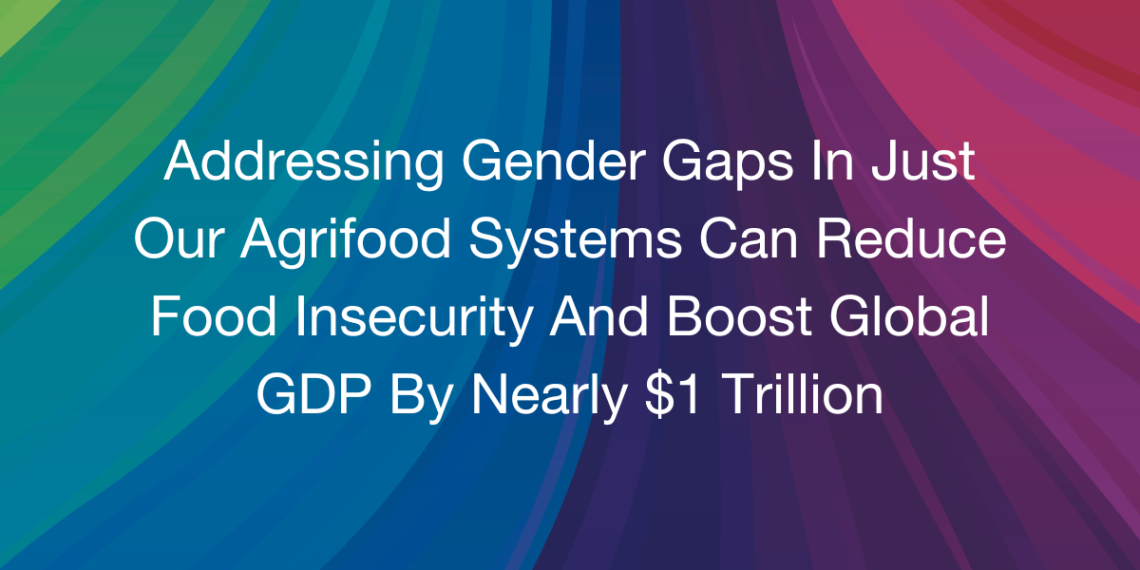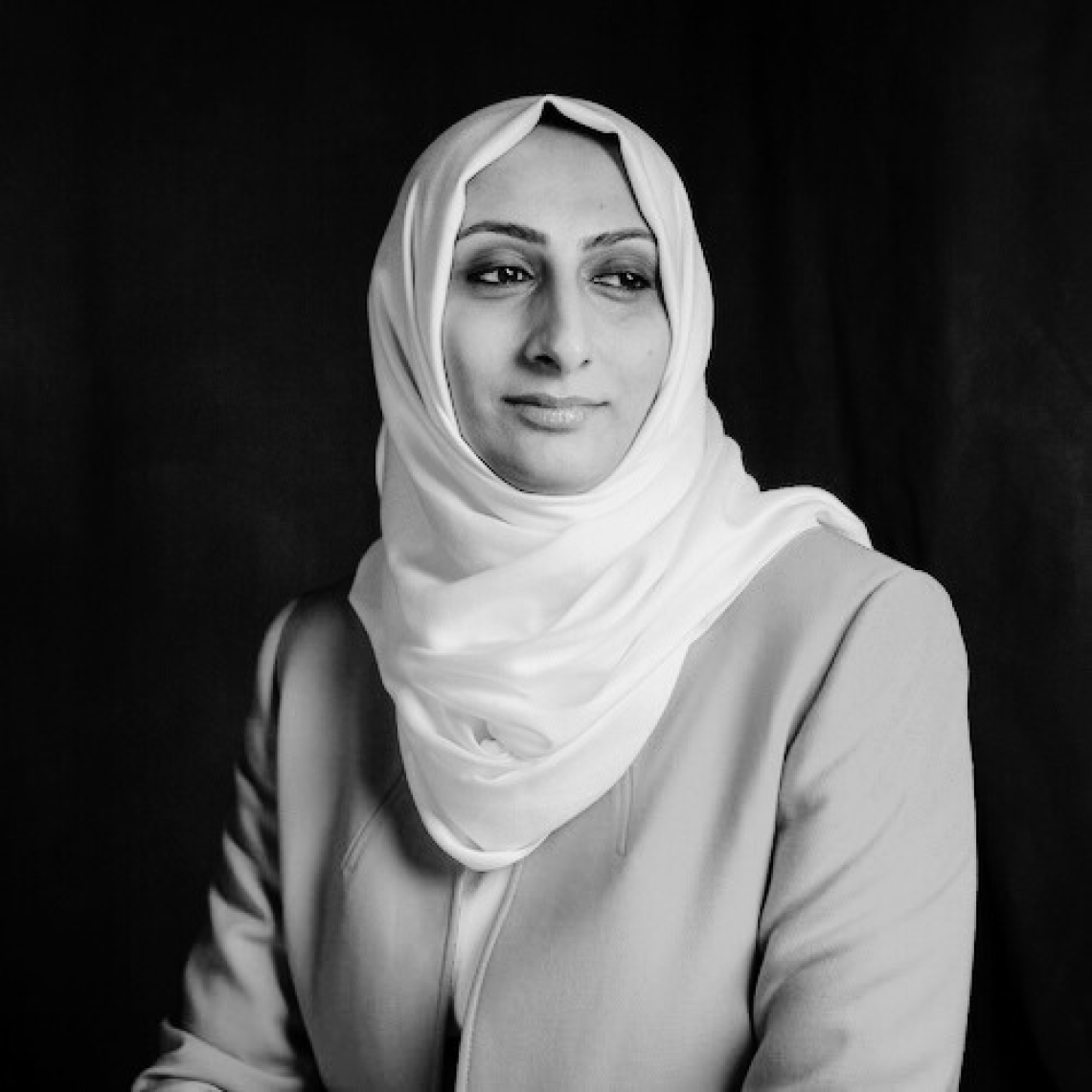Make your 2X MATCHED gift today!
This week only: Every $1 will be matched with $2 to enable women worldwide.
This week only: Every $1 will be matched with $2 to enable women worldwide.
Posted on 09/17/2024
The selection of Professor Muhammad Yunus by students gives me hope for a better future. Human rights, equality, and inclusivity will be the foundation for Bangladesh’s government going forward, uplifted by the voices of the youth, women, and minority and indigenous communities.
I wish to see the same possibility for change during the upcoming United Nations Summit of the Future, to take place in New York at the end of September. The UN SotF can provide a moment that propels our trajectory towards progress or it can be just another conference. We cannot continue with more calls for action. Similar to what Professor Yunus is doing in Bangladesh, we need a plan of action, rooted in the wishes and needs of underserved communities.
With just five years left towards our Sustainable Development Goals (SDGs) original target, the Zero Draft released earlier this year served as a status update. One might expect a renewed energy and commitment to the goals that aimed to address the world's most pressing issues. Instead, a sobering reality has emerged: the world is not on track to meet many of the targets. Particularly discouraging is the lack of progress on Goal 1 (No Poverty) and Goal 5 (Gender Equality). Key indicators show that poverty rates have seen minimal reduction and gender inequalities continue to widen.
By 2030, around 574 million people will still live in extreme poverty, and global hunger will have regressed to levels last seen in 2005. Achieving gender parity will take 131 years, and closing legal gender gaps could take 286 years. Women are disproportionately affected by these issues, especially in the face of climate change and entrenched gender norms.

As someone who was named an SDG 3 (Good Health and Well-being) Pioneer, I felt deeply connected to the goals and outcomes when they launched almost a decade ago. Today, I find myself struggling with frustration not just with the slow progress on the goals themselves but the lack of awareness of the systemic failures and root causes that impede change. Bureaucratic inefficiencies, non-functioning organizations, and wasteful expenditures distract us from the important work we need to complete and hinder us from making clear and actionable plans.
If we take a step back and look at gender equality as not just a goal in itself but a driver for the broader SDG agenda, then an actionable path emerges. When women have equal access to resources, decision-making, and opportunities, it leads to more inclusive and sustainable development. According to a Mckinsey Global Institute report, advancing women’s equality could add $12 trillion to the global GDP by 2025 and if women could play an identical role in labor markets to that of men, as much as $28 trillion, or 26 percent, could be added to global annual GDP by 2025.
The systems that govern our lives are not built for women, and women are considered secondarily, if at all. In fact, 90 percent of all people globally harbor at least one bias against gender equality. It’s been shown that addressing gender gaps in just our agrifood systems can reduce food insecurity and boost global GDP by nearly $1 trillion, and yet, we do not prioritize this investment. And we won’t make this a priority until more women are included in our systems of power.

Currently, women hold 26.7% of the seats in parliaments, 35.5% in local governments, and just 28.2% of the management positions in the workplace. Bringing more women into positions of decision-making allows us to urgently meet the needs of women and provides a global solution to not only ending poverty, but reaching our SDGs within five years.
While global action is needed, we must also immediately address the root cause of gender discrimination within local communities and economies. For sustainable change to occur, it has to be anchored in the home. Reframing our perspective on the role of gender within the household and local communities and economies ensures a greater chance of ending poverty with urgency. Families must be equipped with all the resources and resilience needed to withstand the additional challenges caused by climate change because the climate crisis is not waiting for us to have another conference talking about change down the road.
At Grameen Foundation, we have chosen to carry on Professor Yunus’ vision of the world and are building paths of action that will end poverty in our lifetime. By having a clear vision of the future and centering women, we are getting to the root of issues through our Invest in HER Power Strategy.
One highlight is our efforts in Ghana that have led to a dramatic reduction in interest rates for women, from 43% to 12%, by challenging the discriminatory practices of financial institutions. Another example is the groundbreaking bond we are enacting in Uganda. The InvestHER Climate Bond is a five-year social bond, enabling Ugandan women-led agricultural businesses to fight climate change.
We have the capacity to urgently address root causes, as evidenced by Grameen’s $10 Spark Initiative which enables male spouses to become advocates and supporters of the growth of their female partner's enterprise. Through targeted outreach, we will see 10,000 men become champions for women by the end of this year. This ensures a greater chance of the couple working together to exit poverty faster and with more sustainability.
A plan is needed to realize our collective goals but it must be a plan that allows and enables systemic change. As Grameen Foundation Founder, Professor Yunus, recently stated, “the system that creates a problem cannot solve the problem”. The UN Summit of the Future must be a catalyst for urgent change, demonstrating that a future free from poverty and inequality is within reach. It must ignite hope and galvanize the world with a clear, actionable plan. Because we cannot waste time with more meetings and discussions. Now is the time for action.
